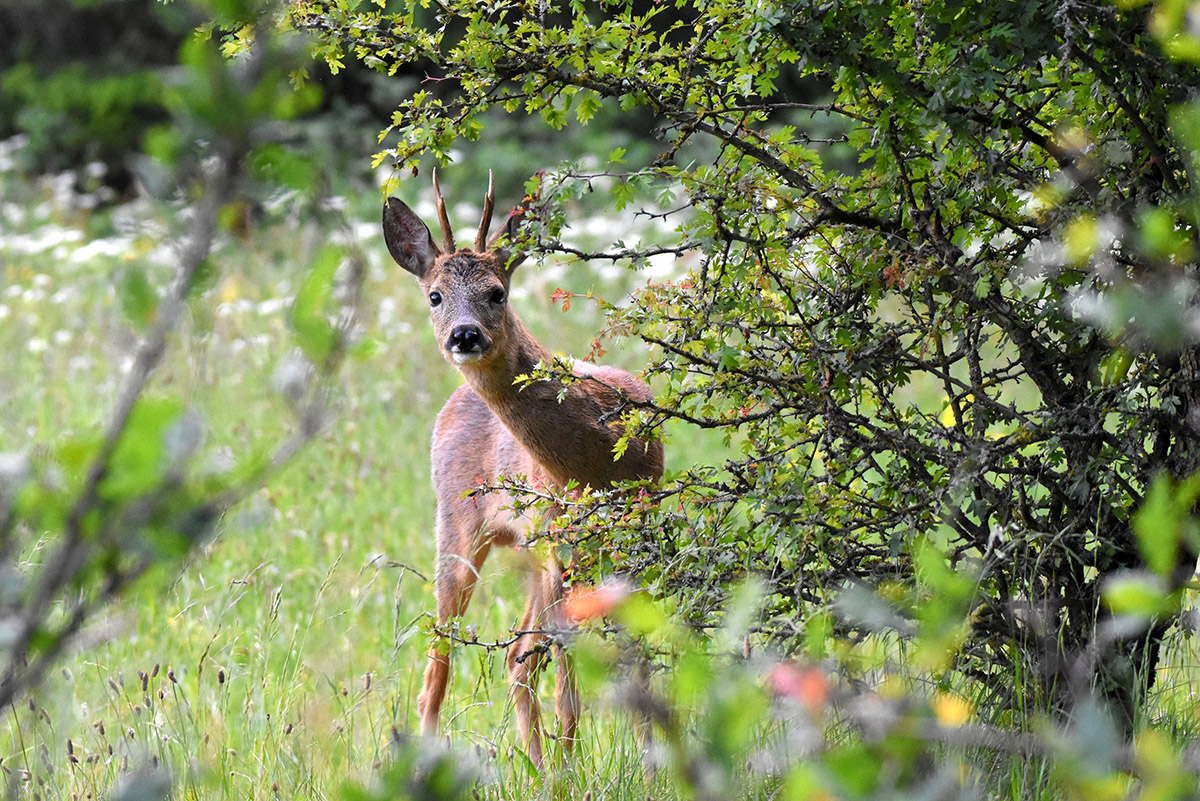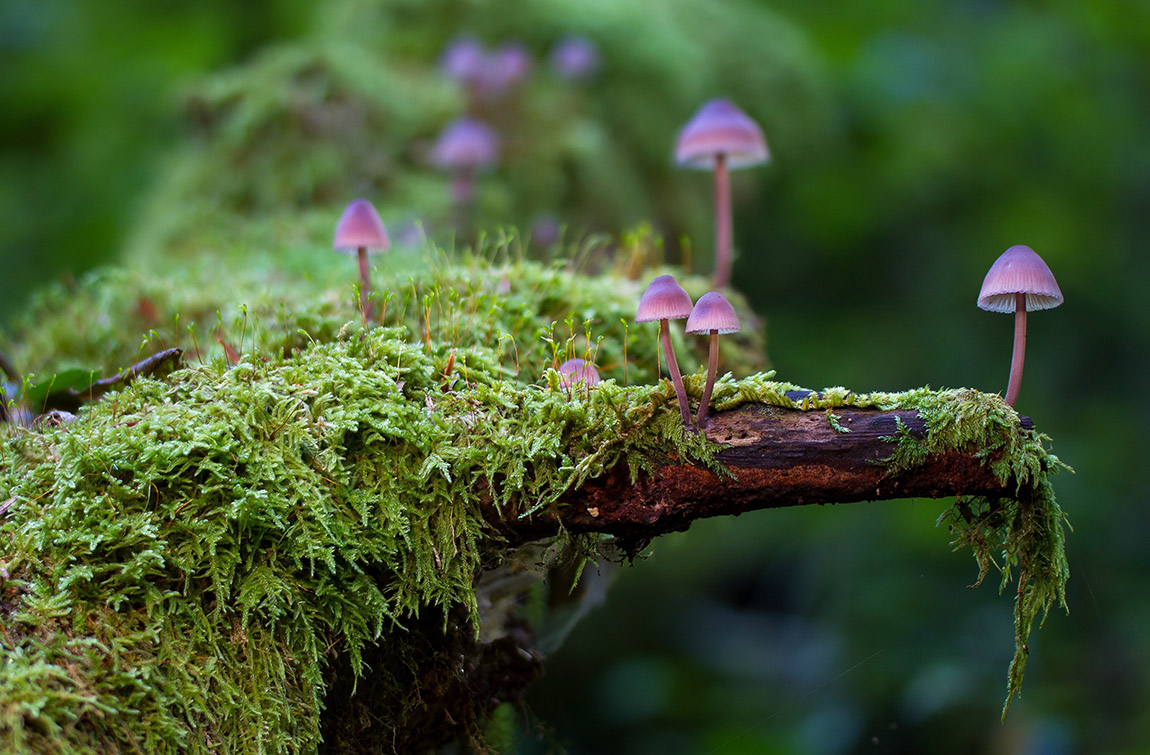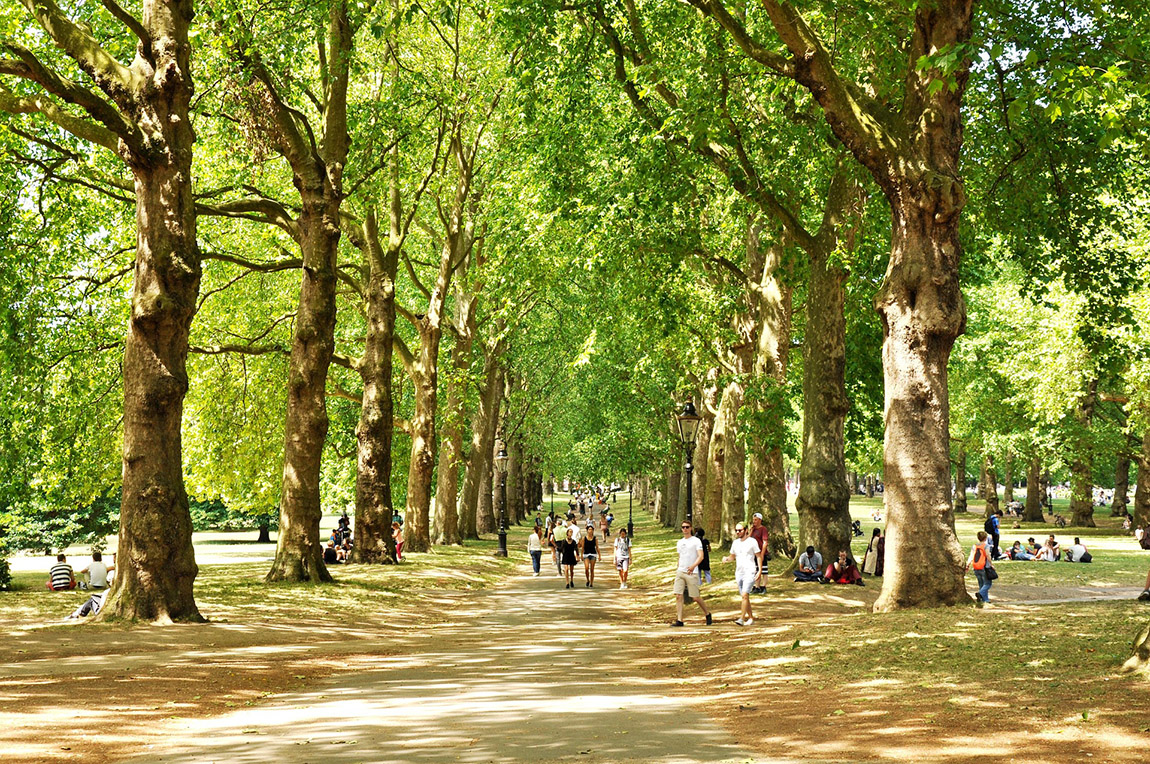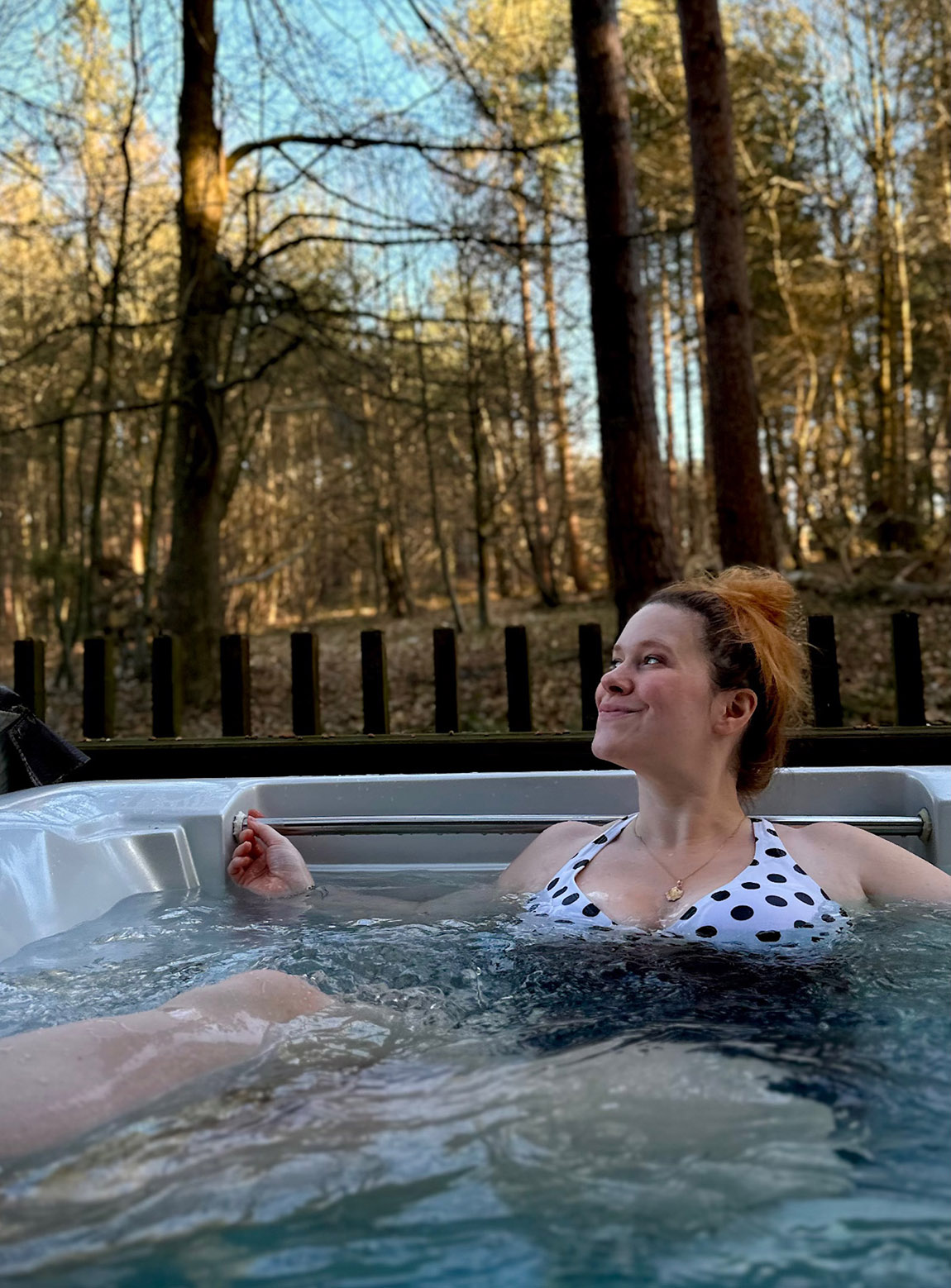Reconnecting with nature – the key to better well-being
TEXT: MARI STRACKE | PHOTOS: PIXABAY

Forest-bathing, digital detoxes and mental health walks – by now, we’ve all heard that spending time in nature and stepping away from our screens can do wonders for our well-being. But why exactly does it have such a profound effect on us, and how can we incorporate it more seamlessly into our daily lives? Let’s take a deep dive into nature’s restorative powers.
I recently escaped to Sherwood Forest for a long weekend – not for its Robin Hood legends, but for the rare chance to disconnect from city life and reclaim some much-needed headspace. The cold, drizzly weather didn’t deter me from walking nearly 20,000 steps each day, breathing in the scent of the damp earth and marvelling at the deer gliding like ghosts through the misty trees. Admittedly, there was also a hot tub on the porch (and while the recommended soak is 20 minutes, I may have overstayed by a couple of hours) – but it was the forest, not the water, that truly worked its magic. Simply put, I didn’t want to leave. The crisp air, the towering oaks and waking to the sound of birdsong did something to my mind, something I wasn’t ready to let go of. Determined to hold onto that mental clarity, I began looking for ways to make it last.

Can you spare 120 minutes per week for your well-being?
According to research from the European Centre for Environment and Human Health at the University of Exeter, spending at least 120 minutes a week in nature is strongly associated with improved health and well-being. Luckily, the benefits don’t seem to depend on how this time is spent – whether it’s in one long hike or spread out over several shorter visits, the effect remains the same.
Two hours a week sounds entirely manageable, especially when broken into smaller chunks. Yet, how often do we let our busy schedules push time outdoors to the bottom of the list? The modern world seems designed to keep us indoors: endless emails, unnecessarily long meetings and a digital existence that keeps us constantly ‘plugged in’ yet leaves us increasingly disconnected from the physical world. It seems almost ironic that the key to better mental and physical health can be as simple as stepping outside.
Scientists believe that nature’s healing effects come down to a mix of psychological and physiological factors. Exposure to green spaces has been linked to lower stress hormone levels, improved mood and even enhanced cognitive function. Listening to birds chirping and rustling leaves have been shown to calm the nervous system, while the act of walking in nature, especially among trees, lowers blood pressure and boosts immune function. Whether deep in the woods or listening to the ocean waves, we all seem to feel it instinctively – the vastness, the stillness, the quiet adjustment of our sometimes-spiralling thoughts.

A natural painkiller?
Interestingly, research from the Mental Health Foundation suggests that even watching nature documentaries can have a positive effect on our mental health. As surprising as that may be, it highlights how accessible the benefits of nature are, no matter where we physically are. Exposure to nature may even influence how we perceive pain. Research published in ‘Nature Communications’ found that individuals who viewed natural scenes reported reduced pain intensity, with brain scans showing decreased activity in regions associated with pain processing. This suggests that nature can serve as a natural analgesic, potentially offering some relief for those managing chronic pain.
This aligns with research by the universities of Exeter and Vienna, which also found that participants experienced less pain while watching nature videos. It implies that simply observing natural landscapes, even on a screen, can help alter our perception of discomfort. While I’ll always prefer the real thing, I can’t deny that listening to David Attenborough’s voice narrating the secret lives of a particular species of forest ants has been incredibly soothing in times of stress.

Nature, connection and community
Beyond its individual benefits, engaging with nature can also strengthen social bonds. The ‘Nature Connectedness Research Group’ at the University of Derby has identified key pathways to fostering a deeper relationship with the natural world, which in turn enhances social connections. Their research suggests that experiencing nature through senses, emotion, beauty, meaning and compassion strengthens our bond with the environment and can lead to greater social engagement. Shared experiences in nature, whether through group hikes, conservation efforts, or even simply appreciating a sunrise together, offer opportunities for meaningful interactions that go beyond surface-level conversations. In other words, when we nurture our connection to nature, we are also more likely to nurture our connections with others.

This reinforces the idea that nature is not just a personal retreat but a shared space for community and belonging. Whether it’s through forest schools for children, green therapy programmes or urban rewilding projects that bring neighbours together, nature seems to provide a better backdrop for socialising. In cities, initiatives like park yoga sessions, community gardening and outdoor volunteering are increasingly recognised as powerful tools for combating loneliness and fostering a sense of purpose. These collective experiences remind us that our well-being is intricately linked not only to nature but also to each other.
Personally, I’ve started making an effort to seek out green spaces wherever I can. Instead of opting for a café catch-up at the weekend, I now suggest a walk in the park – always with a handful of peanuts for the local squirrels. I also take a different route home just to pass a stretch of trees, letting my eyes rest on something other than concrete and screens. It’s a small shift, but one that makes a noticeable difference to my stress levels.
The beauty of nature’s impact is that it doesn’t require drastic lifestyle changes – just a conscious decision to step outside, breathe in and let the world slow down for a moment. Whether it’s a forest retreat, a stroll through the park or even a few quiet moments in a garden, the science is clear: spending time in nature is not a luxury but a necessity for our well-being.

Mental Health Blogger Mari Stracke. Photo: Jacqueline Ozorio
Subscribe to Our Newsletter
Receive our monthly newsletter by email





